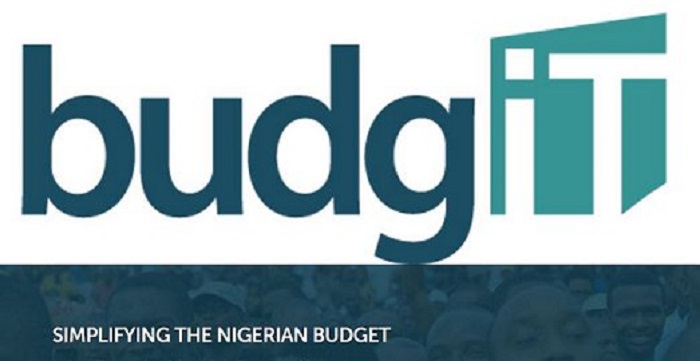The Federal Government allocations to the education sector have stalled below 11 percent, falling short of the 15 to 20 percent Incheon Declaration benchmark.
This was stated yesterday in Abuja by a civil organization, BudgIT and its partners in a press briefing on prioritizing education for all.
The CEO/ Lead Partner of BudgIT, OluseunOnigbinde said for Nigeria to reverse the decline in education, the federal government has to align budgetary allocations with UNESCO standard which is 15 to 20 percent.
“It’s very critical that we invest in the people and the way to do that is to invest in education. Nigeria’s education is not on the right path, capital education budget declined in 2019 from N102 billion on to less than N50 billion, it shows that there is a problem.”
Onigbinde said development of the education sector rest largely on adequate funding and proper monitoring of the use of funds, said funds set as an intervention are not accessed by the state governments.
“We recommend that federal government and state governments should jointly prioritize education by creating a soft landing for states to enable access to Universal Basic Education grants as counterpart funding,” he said.
While calling on TETfund, UBEC and others should be transparent, he said there has not been adequate accountability when it comes to the use of the fund in the sector.
“That is what UNICEF emphasized that is not just about giving funding to the education sector but ensuring that the funds are properly accounted for and properly used.”
Speaking, the CEO of Basic Right Watch, Austin Ekwujuru said the process of intervention in tertiary education has been shrouded in a lot of secrecy thereby harbouring that public oversight and CSOs not being able to track and monitor implementation of funds.

 Join Daily Trust WhatsApp Community For Quick Access To News and Happenings Around You.
Join Daily Trust WhatsApp Community For Quick Access To News and Happenings Around You.


